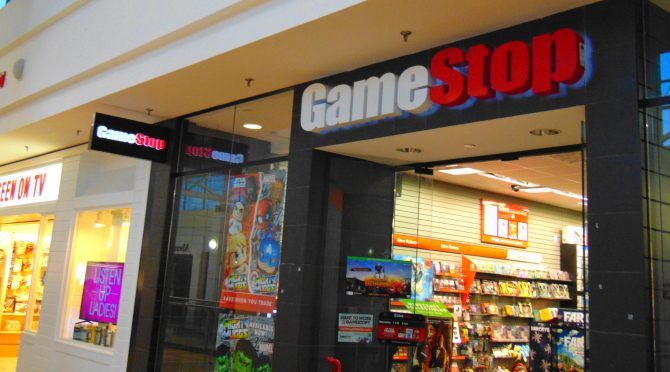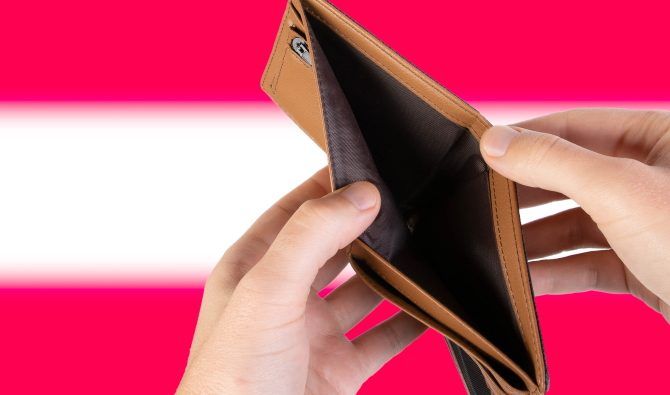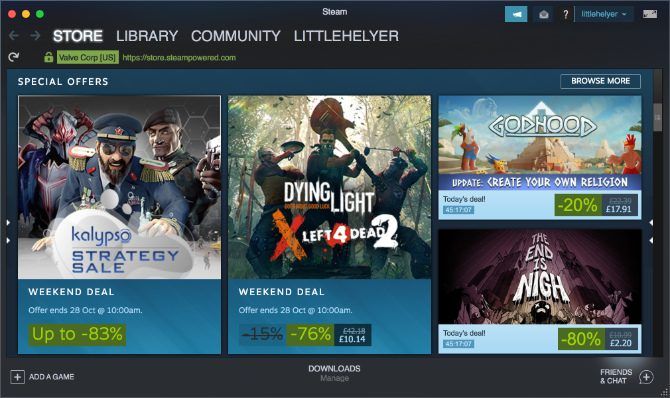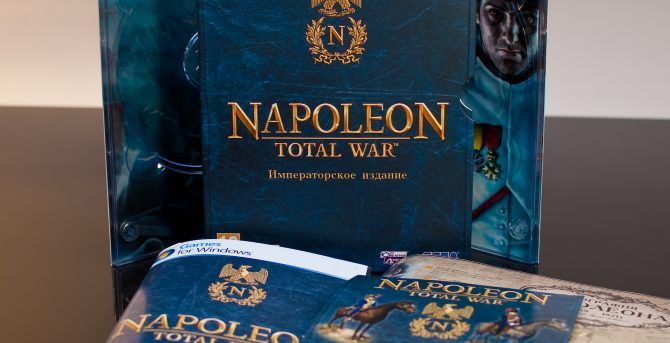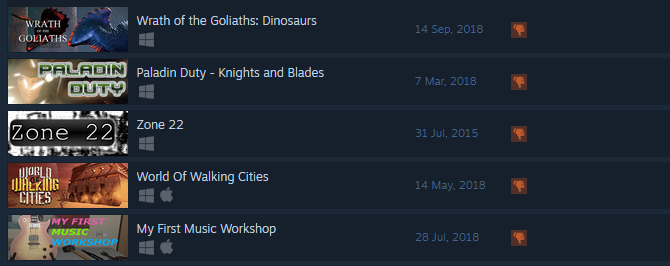Steam is the largest digital distribution service for PC games. So if you're a PC gamer it's likely that you own games on Steam. But is it really the best way to buy games? While Steam is safe, here are some reasons to stop buying games on Steam.
1. DRM Means You Don't Own Anything
Steam is a form of digital rights management (DRM), which is a method to protect against piracy. When you launch a game, Steam launches with it, ensuring you can benefit from platform features like achievements, cloud saves, and trading cards (how to get Steam trading cards).
The good thing is that the DRM is optional. Developers can disable it and allow their games to launch without Steam running. However, many don't.
For those that don't, that game is tied to your Steam account. So, if Steam closes down or your account gets banned, you'll no longer have access to the games you bought. Which means that, in essence, you are merely renting a license to a game.
2. You Can't Resell Your Steam Games
Once you buy a game on Steam, there's no way to sell it on. While you can get a refund under certain conditions, you can't list it on any marketplace. The game is tied to your account.
That's different to a game that you buy physically, for example (providing you don't have to redeem a key to activate the game.) They can easily be sold on eBay, traded in, or donated to a thrift store.
However, a French court ruled that Steam users do have a right to resell their games. That's something that hasn't come in to practice yet as Valve is appealing the decision.
3. Steam Games Rarely Come With Bonus Goodies
Playing the game you buy is of course the main draw, but it's always nice to receive some extras for free. Sadly, you rarely get any bonus goodies when you buy a game on Steam.
If you buy direct through the developer, or on another storefront like GOG, you often get downloadable treats like art books, soundtracks, wallpapers, and more.
It harks back to the days when you would get physical bonuses with your games, like a cloth map or figurine.
4. Valve Takes a Huge Cut From Developers
Making video games is difficult. Turning a profit on them? That's even tougher. As standard, Valve takes a 30 percent cut of the revenue of all Steam purchases. That percentage reduces on a sliding scale when certain revenue targets are reached, but most developers will never get to that point.
Some developers don't think Valve deserve such a large chunk of the pie, but Steam's ubiquity makes it hard to argue. It's where many consumers automatically go to buy games, so not having a game listed on Steam is risky.
If you want to support a developer then you should stop buying games on Steam. Instead, your best approach is to buy games directly from developers, if possible. Alternatively, the Epic Store only takes a 12 percent cut, while Humble Bundle lets you choose how much of the purchase price goes to the developer.
5. Steam Isn't Always the Cheapest Option
Steam always has sales. There are daily sales and also the big seasonal ones around events like Halloween and Christmas. But even then it's not necessarily the cheapest place to buy games.
Gaming is an expensive hobby at the best of times, so there's no point spending more than you need to. Especially when the end product is exactly the same wherever you buy it (things like pre-order bonuses aside.)
Check out our recommendations for the best sites for video game deals. Some websites even provide your purchase as a Steam code, meaning there's literally no difference in the product except the price.
6. You Are Tied Into the Steam Ecosystem
Some people like owning all of their games on Steam and being tied into the Steam ecosystem. Perhaps it's the collector in them coming out, or it's just what all of their friends use.
The problem with this comes when you want to buy something outside of Steam.
Let's say you buy a game through Steam and the developer later releases DLC. You have no choice but to buy that DLC through Steam, even if it's cheaper elsewhere, because there's no way to link the two purchases together otherwise.
7. You Don't Get a Physical Box
Video games used to come in big cardboard boxes, with great artwork perfect for display. That changed with the introduction of CDs and DVDs, but there's still something satisfying about seeing a shelf lined with your favorite games.
While it's much quicker to browse and search your collection on Steam, it's not quite the same. Visitors to your home aren't going to strike up a conversation about your Steam library like they might if they saw a line of physical game boxes.
There was something special about poring over a game's manual on your way home from the shop too. That's an experience lost, although, to be frank, it does cut down on paper and plastic waste.
8. The Steam Store Is Full of Trash
Steam is home to tens of thousands of games. The number of games on the store has skyrocketed in recent years, in part thanks to Valve's lack of curation.
Unlike when you walk into your local store, where the stock has been carefully chosen, the Steam store plays host to everything. While it's good that the barrier to entry is low, it means there's a lot of trash and low-effort games to wade through.
For instance, 4,000 of the games on the store are classed as Early Access, which means development isn't finished. And there's no guarantee that these games will ever be properly finished.
Why should it be on the consumer to separate the wheat from the chaff?
The Best PC Game Launchers
Despite all of these reasons to stop buying games on Steam, and many of them apply to other services like Ubisoft Connect, it definitely still has its place. The problem is, Steam has such a hold on the market that it's difficult for competitors to enter and shake things up.
If you own lots of games across different platforms and want to organize them, you need a game launcher. To get you started, take a look at our list of the best PC game launchers.


